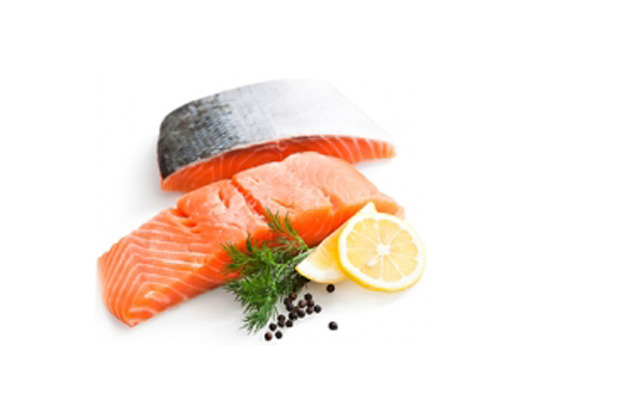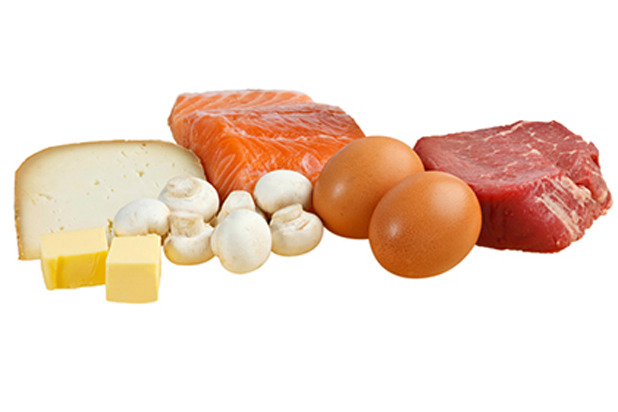Mood-Boosting Foods (Slideshow)
During a depressive episode, losing interest in those things you used to enjoy, and feeling hopeless and that life isn't worth living are all very common. It's hard to take positive action when feeling this way, but people do try what is within their power to boost their mood. However, while the likes of alcohol and drugs might seem a guaranteed way to lift your spirits, in the longer term they can actually make problems with depression worse.
Seeking professional help is a must when you have depression, particularly if it is more than just a mild case, as effective medications and talking therapies are available to help. However, the beneficial effects of diet, exercise, getting enough sleep and spending time outdoors shouldn't be underestimated.
Start with Oily Fish
Making changes is hard at the best of times — even more so when you are depressed — but taking small steps one by one can make all the difference. It can be as simple as incorporating specific foods known to enhance mood into your diet on a regular basis. One great food to start with is oily fish. While the likes of salmon, sardines, mackerel, fresh tuna, herrings, and anchovies might not make it onto your plate very often, making an effort to include these nutrient-rich fish into your diet at least weekly is a must. So why are these fish good for your mood?
Rich in Omega-3 Fatty Acids
It seems there isn't a week that goes by without a story relating to these essential fatty acids; they're so called as our bodies cannot make them, so it is essential we obtain them from our diet. They have long been known to protect the heart and circulation, but their range of benefits is now growing.
Omega-3 oils are found in high concentrations within the brain, so it's no surprise that we need a regular supply. There is evidence that these fatty acids benefit everything from our memory and mental ability to our behavior, not to mention how we feel.
Various studies have demonstrated that increasing intake of omega-3 helps in the management of depression, including specific types, such as postnatal depression and bipolar disorder. While specific guidelines for intake of omega-3 for depression have not been established, as a minimum we should all be following guidelines for 8-ounce fish weekly — that includes some oily fish. Anyone with depression would no doubt benefit from more, but including it weekly would be a great start. If you prefer not to eat oily fish or are unable to, omega-3 can be sourced from supplements – including those from algae that are suitable for vegetarians — or from plant sources, such as canola, walnut, and flaxseed oil.
A Source of Vitamin D
Although vitamin D is usually associated with bone health, this is another nutrient that is now understood to have a much wider role. The link between a deficiency of this vitamin and depression has been studied, and a recent review of the evidence, which was published earlier this year in the British Journal of Psychiatry, demonstrated that there is a significant association between the two, highlighting the need for more research on whether supplementing the diet with vitamin D is beneficial for depression.
While the best way to meet your needs for vitamin D is through the action of sunlight on your skin, in more northerly latitudes, this is only possible between April and September. As there are few foods rich in vitamin D — besides oily fish, only egg yolk, liver, and fortified foods likebreakfast cereals, margarine, and milk contain the vitamin — meeting your needs can be more of a problem during the fall and winter. While some people — such as the under-fives, pregnant and breast-feeding women, seniors, and anyone who is housebound or covers their skin when they go out — still benefit from a supplement to be sure their requirements are met, putting oily fish on your weekly menu is a good step for the rest of us.
A Boost to Selenium Intake
This mineral might not be so well publicized, but selenium is another nutrient that can benefit your mental health, and oily fish is one of the best sources. A number of studies has suggested that low levels of selenium in the diet are associated with depression, which may relate to its function as an antioxidant in helping to protect the brain cells and maintain favorable conditions. When selenium supplements have been taken, this has been shown to be effective at preventing postnatal depression.




